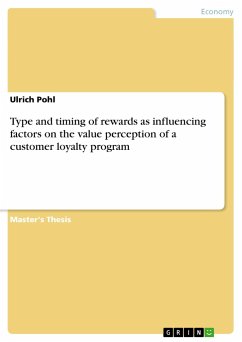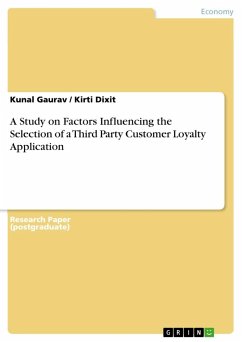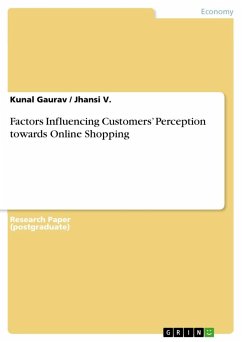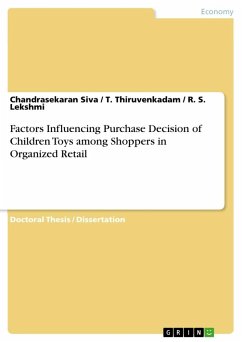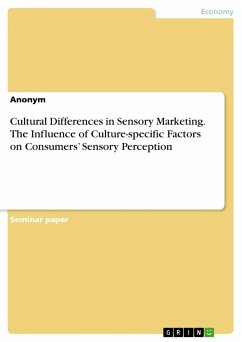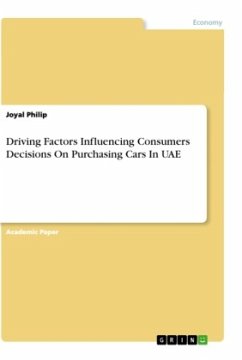Master's Thesis from the year 2006 in the subject Business economics - Offline Marketing and Online Marketing, grade: 1,5, Maastricht University, language: English, abstract: Although this research is also occupied with customer loyalty programs it examines a new customer loyalty model which tests the influence of reward systems on the value perception of a loyalty program. Thus, the thesis introduces an empirical research on a two part model, whereas one part differentiates between direct and indirect premiums (type of reward) and the second part investigates the differences between delayed and proactive reward programs (timing of reward). The study aims at finding differences between the type and the timing of reward on the value perception of a loyalty program, which is new in academic research. In addition, this study grounds on the automobile industry, i.e. a high involvement setting, in contrast to prior academic science which focused on the low involvement setting. The inclusion of moderating factors that contain information on customer's relationship maintenance motivation and relational benefits shall also help to shed light on differences in value perception according to the level of dedication or constraint based relationships. In addition, the degree of social, confidence and special treatment benefits is also assumed to manipulate the value perception of loyalty programs as moderating factors. Lastly, the study discovers relationships between the type and the timing of reward. The study results clearly reveal that there is no difference between direct and indirect rewards, whereas the proactive system demonstrates to have an obviously higher value perception than delayed rewards. Furthermore, the moderating factors partly prove to influence value perception. Hence, dedication based relationships favour direct rewards over indirect rewards and the proactive system over the delayed system. The same holds true for confidence benefits whereas constraint based relationships, social and special treatment benefits have no influence in favour of direct / indirect and delayed / proactive rewards. In addition, in a proactive reward program the value perception is higher for direct premiums. Furthermore, in the delayed reward program, people also prefer the direct rewards over the indirect rewards. Consequently, this research proves that there is a connection between the type and the timing of reward, which is also new in academic literature.
Hinweis: Dieser Artikel kann nur an eine deutsche Lieferadresse ausgeliefert werden.
Hinweis: Dieser Artikel kann nur an eine deutsche Lieferadresse ausgeliefert werden.

